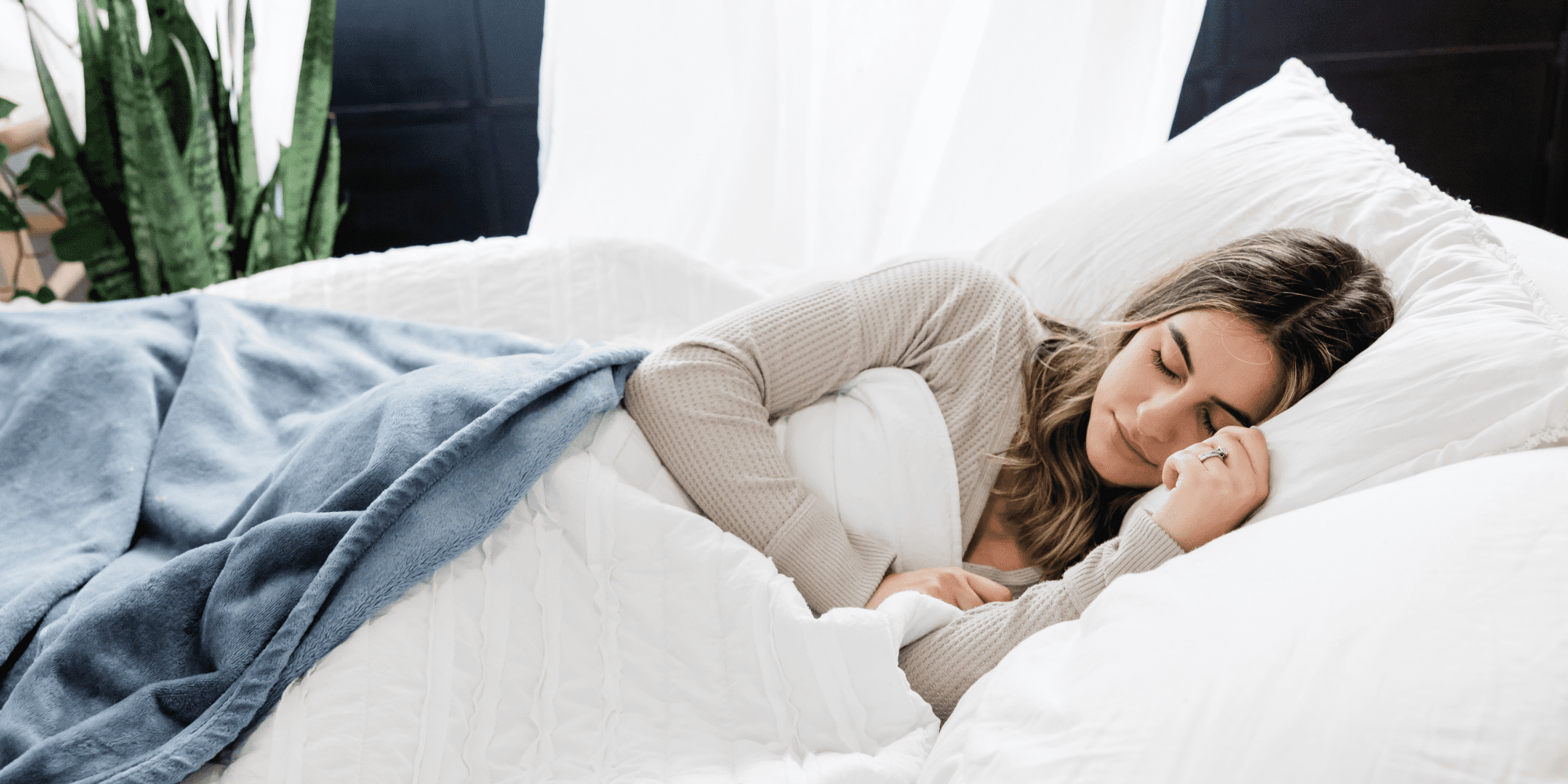Sleeping difficulties
Sleep is the way our bodies rest and restore themselves. Good quality sleep helps maintain the immune system and keep our organs healthy. Many people feel they don’t get enough sleep and have sleeping difficuties. Some people may spend enough time in bed, but their sleep is not refreshing. Insomnia is a sleep problem where people have trouble either falling sleep or staying asleep. Fatigue due to lack of sleep can cause road accidents and work injuries.
Symptoms
Some common symptoms of lack of sleep are:
- feeling irritated
- waking up unrefreshed
- having problems with concentration and short term memory
- feeling sleepy during the day.
People who are depressed often fall asleep easily, but then wake in the early hours of the morning, unable to fall asleep again. However, some people with depression may spend a lot of time sleeping and still feel unrefreshed.
Lack of sleep is linked to developing diseases such as diabetes, heart disease, high blood pressure.
Causes
Lack of sleep, or lack of good quality sleep, can be caused by:
- long-term pain (see Managing Your Pain Health Information Brochure)
- stress, worry or depression
- poor sleep environment like an uncomfortable bed or pillow, a room that is too hot, cold or noisy
- blue light from using electronic devices like mobile digital devices before sleeping
- doing frequent shift work or ‘jet-lag’
- taking certain medicines
- restless leg syndrome (a constant feeling of wanting to move the legs)
- heavy snoring
- a health condition called sleep apnoea, when the airway at the back of the mouth, temporarily but repeatedly becomes partially or completely blocked while asleep, causing breathing to stop for a short period and briefly waking the person.
Lifestyle options
The amount of sleep each person needs varies. Some people can cope with little sleep, while others need more. Most adults function well with about 8 hours of sleep
a night. Children need more sleep than adults, and the elderly need less sleep as they age.
Ask your pharmacists about using a sleep diary or wearable device to confirm the amount of sleep you are getting.
To get good quality sleep:
- keep lights low prior to bedtime
- try to get up at the same time each day and avoid daytime naps
- avoid things that keep you awake such as coffee, tea, cola drinks, nicotine (see Quit smoking Health Information pagr)
- avoid drinking alcohol near bedtime
- prepare for bed by unwinding first: clear your mind by writing down your next day’s tasks
- have a hot bath or shower, a warm drink, meditate or listen to relaxing music
- avoid watching TV or reading in bed unless it is relaxing
- adjust your room temperature to make it comfortable
- use a supportive mattress and pillow
- eat a healthy diet and exercise regularly
- aim to have 6 to 8 hours sleep every night.
Pharmacy options
Always inform pharmacy staff if you are taking any other medicines, or if you have any other health conditions, because some over-the-counter medicines may not be suitable for you.
You may find short-term relief with medicines from the pharmacy, however if sleep difficulties continue, seek medical advice.
Complementary (Herbal) Medicines, such as kava, valerian, passionflower, and hops have been shown to
help sleep. Many, but not all, herbal medicine products have scientific evidence showing they do work. It is always important to ask your pharmacist about the evidence for each of the herbal products before taking them.
Antihistamines, such as doxylamine and diphenhydramine cause drowsiness and may assist you getting to sleep. They last in the body for up to 8 hours, so avoid taking them too late at night. Take them one hour before you are due to go to sleep and only use them for short periods. They may make your mouth and throat feel dry.
Combination products are available which contain antihistamines plus analgesics and may assist if night time pain is affecting sleep.
Melatonin is a hormone your brain produces in response to darkness. It helps with the timing of your body’s internal clock (your circadian rhythm) and may be useful for the short-term treatment of insomnia. Ask your pharmacist or doctor about this product.
Sleep apnoea services are available through some pharmacies where staff are trained and can offer sleep apnoea services.
Ask your pharmacist for advice on the most suitable treatment for you.
Prescription medicines
Prescription medicines from a doctor can be helpful during a particularly stressful time in your life, or to
help break a bad sleep cycle. However, they can have side effects and disturb your normal sleep habits, so are not recommended for long term use.
See a doctor if:
- the medicines recommended from the pharmacy, or lifestyle techniques do not work
- there are feelings of severe helplessness (very sad, crying a lot, cannot get out of bed) or suicidal thoughts
- there is difficulty with concentration or memory
- there is persistent daytime sleepiness.
More information
Our latest sleep blog: https://independentpharmacies.com.au/blog/your-questions-answered-about-sleep
Sleep Health Foundation: www.sleephealthfoundation.org.au
Health Direct: www.healthdirect.gov.au
Disclaimer: The information provided is a guide only, is current at time of publishing, and is not intended to replace the advice of your pharmacist or doctor.
IN EMERGENCIES DIAL 000.



